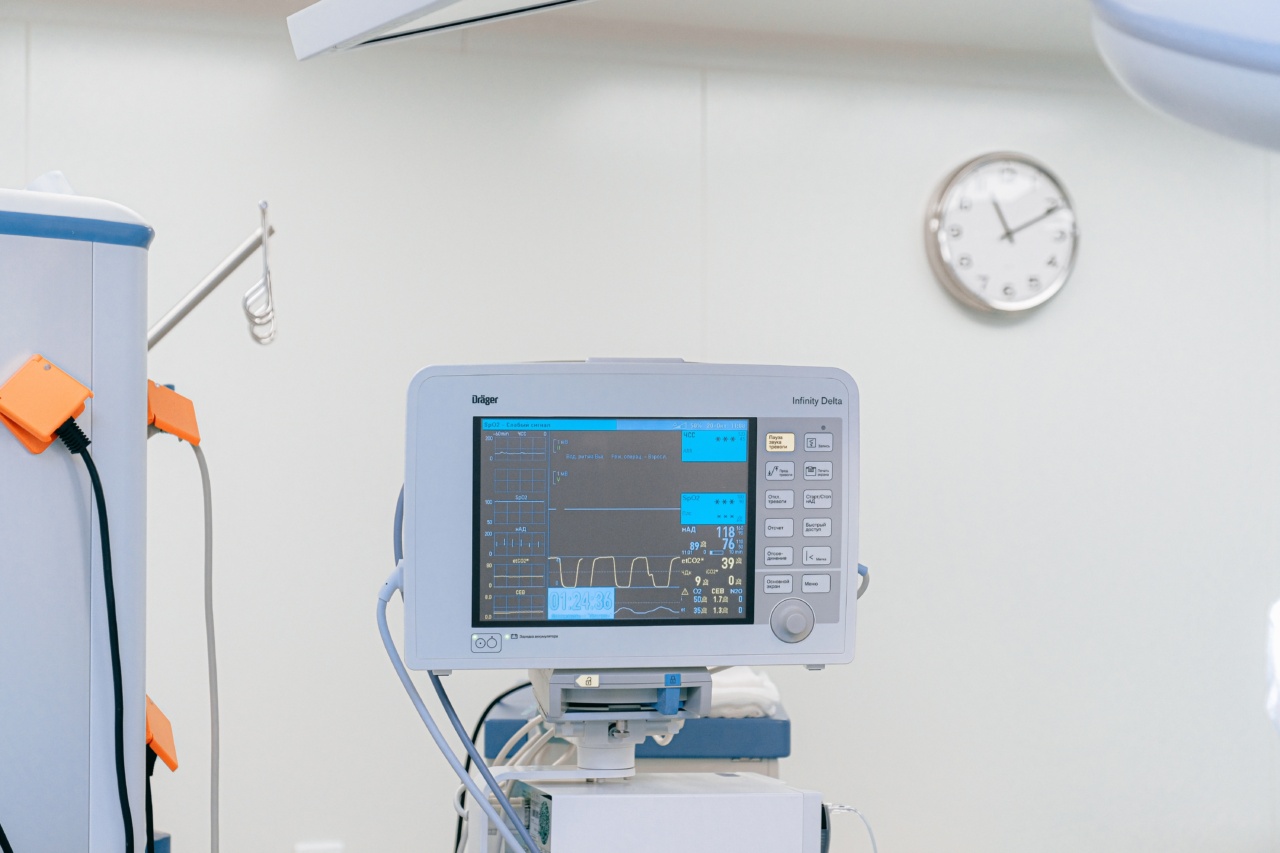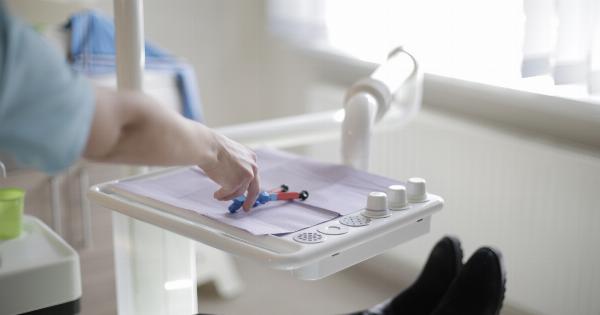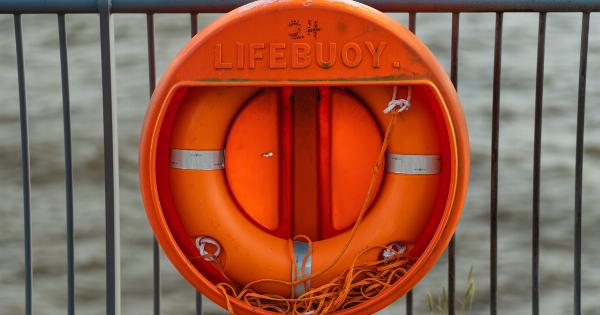Penis rupture refers to the tearing or ripping of the tunica albuginea, a layer of fibrous tissue that surrounds the corpora cavernosa, the two cylindrical chambers responsible for the erection of the penis.
This condition is considered a medical emergency and requires immediate surgical intervention to prevent further complications.
Causes of Penis Rupture
Penis rupture usually occurs as a result of vigorous sexual activity or trauma to the penis. Some common causes include:.
1. Overexertion during sexual intercourse: Engaging in overly vigorous sexual activities, such as aggressive thrusting or positioning, can put excessive strain on the penis, leading to rupture.
2. Penile trauma: Accidents or injuries involving the penis, such as those caused by falls, sports-related mishaps, or blunt force trauma, can result in the rupture of the tunica albuginea.
3. Peyronie’s disease: This condition is characterized by the formation of fibrous scar tissue within the penis, which can make the tissue more susceptible to rupture during sexual activity.
4. Penile injections: Unregulated or improperly administered injections into the penis, such as those used for erectile dysfunction, can potentially cause damage to the tunica albuginea and lead to rupture.
Symptoms of Penis Rupture
Men experiencing a penis rupture may notice the following symptoms:.
1. Immediate severe pain: A sudden sharp pain during sexual activity or trauma is often the first sign of a penis rupture.
2. Audible popping sound: Some men report hearing a distinct popping sound at the time the rupture occurs.
3. Difficulty maintaining erection: Following a rupture, it becomes difficult to sustain an erection due to the damage to the corpora cavernosa.
4. Rapid loss of erection: In most cases, the erection is immediately lost upon penis rupture.
5. Swelling and discoloration: Swelling and bruising around the affected area may be visible.
6. Blood in the urine or semen: Internal bleeding can cause blood to appear in urine or semen.
Diagnosis and Treatment
When a penis rupture is suspected, it is crucial to seek immediate medical attention. A healthcare professional will conduct a physical examination and may also order additional tests to confirm the diagnosis, such as an ultrasound or MRI scan.
Emergency surgery is the primary treatment for a penis rupture. The goal of surgery is to repair the torn tunica albuginea and prevent any long-term complications that may arise from delayed or inadequate treatment.
During the surgery, the urologist will carefully suture the torn tissues and ensure proper healing.
After the surgery, patients will typically require a period of rest and recovery to allow the repaired tissue to heal properly.
Following the recommended post-operative care instructions is essential to ensure a successful recovery and minimize the risk of complications.
Possible Complications
While penis rupture is a serious condition on its own, delayed or inadequate treatment can lead to various complications, including:.
1. Erectile dysfunction: Incomplete or improper repair of the tunica albuginea can interfere with normal erectile function, potentially resulting in long-term difficulties achieving or maintaining an erection.
2. Penile curvature: Scar tissue formation during the healing process may lead to penile curvature, making sexual intercourse challenging or painful.
3. Infection: Any surgical procedure carries a risk of infection. It is important to follow proper hygiene measures and regularly monitor the surgical site for signs of infection.
4. Psychological distress: Experiencing a penis rupture and undergoing emergency surgery can cause significant psychological distress and impact a man’s self-esteem and sexual confidence.
Seeking professional support is crucial to cope with these emotional challenges.
Prevention Tips
Although it is not always possible to prevent a penis rupture, certain precautions can help reduce the risk:.
1. Communicate with your partner: Openly discussing sexual preferences, limits, and concerns with your partner can help establish mutual understanding, preventing overly aggressive sexual activities.
2. Avoid excessive force: While passion and intensity are essential components of a healthy sex life, it is crucial to be mindful of the amount of force applied during sexual intercourse.
3. Seek medical advice for Peyronie’s disease: If you have been diagnosed with Peyronie’s disease, it is important to follow up with a healthcare professional regularly.
They may recommend treatments to manage the condition and minimize the risk of a rupture.
4. Use caution with penile injections: If injectable medications are prescribed for erectile dysfunction, it is crucial to receive them from a reputable source and follow the instructions precisely to lower the risk of complications.
Conclusion
Penis rupture is a serious medical condition that requires immediate attention and emergency surgery. Recognizing the symptoms and seeking prompt medical care is crucial for a successful recovery and to minimize the risk of long-term complications.
By understanding the causes and taking preventive measures, individuals can reduce the likelihood of experiencing this traumatic event and safeguard their sexual health.

























